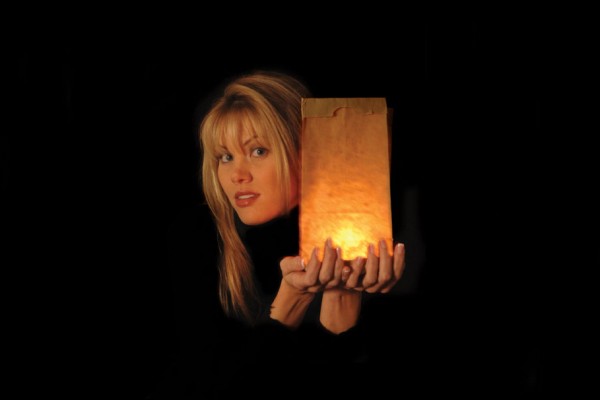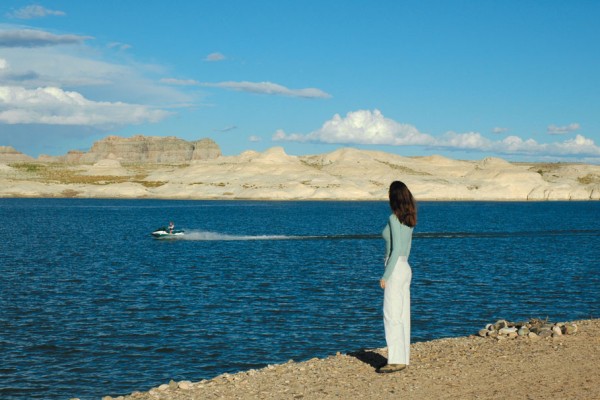Continued (page 2 of 3)
The intense studies paid off. Eventually, Shields was working solo in Union Square, Yarnell took her new act to Ghirardelli Square in northern San Francisco, and the two of them worked out a duo act as well. (You can see vintage footage of their street performances in Robert Shields: Celebration of Imagination, a videotape sold in his stores or online at www.robertshields.com.) With legendary Bay area newspaperman Herb Caen as a booster, they became one of the city’s top attractions. When they wed in Union Square, it was a huge event – but only the beginning.
Long before American Idol, there was the Ted Mack’s Original Amateur Hour. He was no Simon Cowell, but Mack also gave new talent a stage to show their stuff. Shields & Yarnell won first place on his talent show. “What Ted Mack did for us,” Robert remembers, “was give us 3,000 bucks, which was like $30,000 then. We were a giant hit in San Francisco, but we figured we had to go to L.A. to really make it.”
With the help of choreographer Toni Basil (probably best known to the public for her hit record “Mickey”), who knew Lorene from her days in L.A. as a dancer, the team got a job as part of a nightclub show called Doo-Dah Days. “It was about 1920s’ gangsters, and we were in the show as an act in an old nightclub,” Robert recalls. Talk show host Merv Griffin saw them there, and put them on his show, an appearance that led to a regular spot on singer Mac Davis’ variety show. When that ended, Shields and Yarnell moved to the Sonny and Cher show, and got a shot at their own variety show in the summer of 1977 for CBS.
“It got into the top 10 first time out,” Robert recalls. “The first six shows were a phenomenon.” In particular, their robot characters, the Clinkers, made a lasting impression on pop culture. Breakdancers have credited it as inspiration for their “robot” moves. But TV is fickle, and as fast as the team became household names, their thunder was stolen by tough counterprogramming. “For the second season, they put us against Happy Days and Laverne and Shirley and we tanked. They cancelled us.” Their then-manager suggested taking the act to Las Vegas, where they won two Entertainer of the Year awards, but, Robert suggests, lost the act’s soul.
“We got $50-75,000 a week as headliners,” Robert explains, “but it’s not all yours,” meaning various expenses for the show come out of that check. “We made a lot of money, but we also spent a lot of money.” Then, there was the toll the schedule took on them, professionally and personally. “You do two shows a night, and after a while you’re just feeling like you’re hammering these things out.”
Still, Vegas left Robert with some special memories. “Groucho Marx came to Vegas a lot to see us. We used to go to his house. He wouldn’t talk much at first. We were at his house, and Lorene tells him, ‘Groucho, we just love you,’ and he’s just there drinking soup, and looks up at her like, whatever, and I go, ‘Yeah, you’re OK. But your movies were strange, man. Why’d you let Zeppo sing?’ And all of a sudden, Groucho looks at me and it’s HAHAHAHAHAHA, and that was it. [Later], I start doing my act for him and he starts helping me, critiquing me. He was fantastic.”
Robert even got to watch the classic Marx Brothers’ comedy Duck Soup with the legend himself. “We go into this little theater, and I’m sitting there watching Duck Soup with Groucho! Then all of a sudden he starts to talk. He goes, ‘See that guy? He’s dead. See that one that just walked in? He’s dead.’ It wasn’t anything like, ‘Oh wow, that was so much fun. I remember that day, it was really hot and we had to do that take 10 times.’ It was, ‘He’s dead, he’s dead, he’s dead, he’s dead.’ ”



